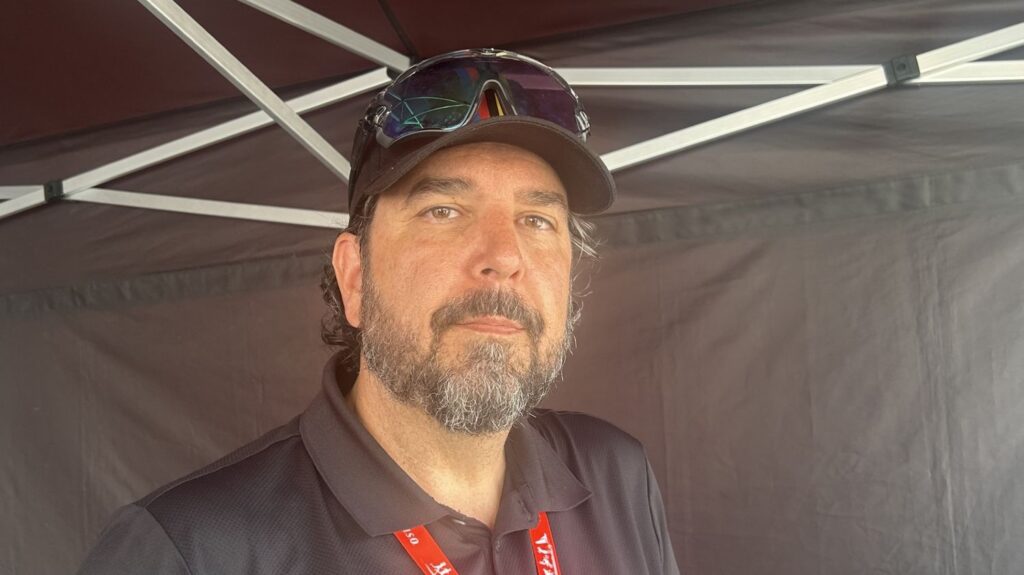
Nick Raudenski directs the technological anti-fraud cell of the International Cycling Union. Its mission: to scan the bikes of the runners of the large loop, in order to detect the slightest mechanical doping.
/2023/07/07/64a7df4c5fe71_placeholder-36b69ec8.png)
Published
Updated
Reading time: 2min
/2025/07/24/cyclisme2-6881e4269c98c564632553.jpg)
The queen stage in the Alps. The Tour de France continues, Thursday, July 24, with the 18th stage and on the program an arrival at the Col de la Loze, above Courchevel, at 2,304 m above sea level. A day that will carries like all mountain stages its share of suspicions on doping, whether organic or mechanical. Because according to some, engines would be hidden in champions bikes.
Each day, however, the International Cycling Union (UCI) scans the bikes of runners to try to find anomalies or at least dispel doubts. Franceinfo attended one of these technological antifraude cell controls led by a former FBI police officer. On Wednesday, no less than 62 bikes were checked. And that will start again Thursday evening when the stage arrives.
At the end of each stage, in a tent behind the podium, a dozen minimum bikes are checked. Among them, systematically, that of the yellow jersey and the stage winner, badged upon arrival, and dissected on X -rays. “It works like a scanner in the hospital. We see everything: if cables have been added, modified things and we are constantly on the lookout for new technologies, different advances.”
/2025/07/24/cyclisme-6881e5f0c3302435518385.jpg)
With his deep voice, his build and his black cap screwed on his head, Nick Raudenski imposes. Just like his past as a former FBI investigator. “”I was in the fight against terrorism. One day, a fool wanted to explode a plane by hiding a bomb in his shoe. Since then, everyone should take off their shoes at the airport. I want to do the same in cycling “warns the American.
“The first thing I did when I got here is to put myself in the shoes of a cheater: what would he do? How? Exactly like when I inquired the criminals.”
Nick raudenskiin franceinfo
The former criminal investigator even launched a reward program for anyone who would have information to deliver to the cell, without ever finding an engine at the moment. But “Maybe because deterrence works”hopes Nick Raudenski.

